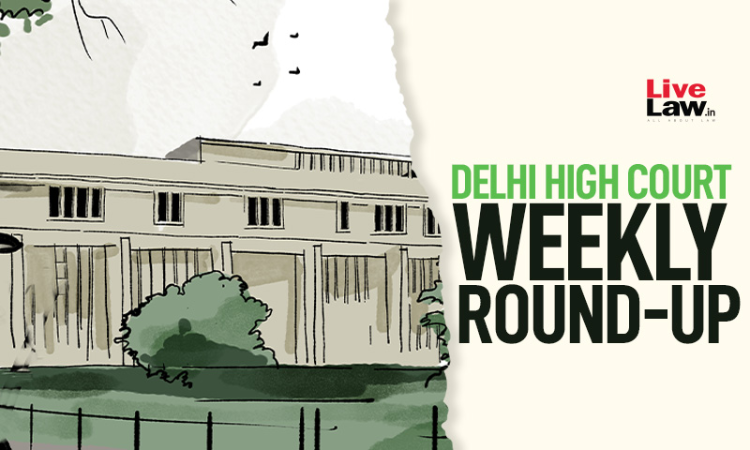Next Story
31 July 2022 6:12 PM IST
NOMINAL INDEXCitations 2022 LiveLaw (Del) 707 TO 2022 LiveLaw (Del) 727MANJU DEVI v. HINDUSTAN PETROLEUM CORPORATION LTD 2022 LiveLaw (Del) 707JAEWOO PARK v. STATE OF NCT OF DELHI & ANR 2022 LiveLaw (Del) 708AIREEN INSTITUTION OF EDUCATION v. NATIONAL COUNCIL FOR TEACHER EDUCATION & ANR. 2022 LiveLaw (Del) 709SUSHIL KUMAR v. CENTRAL REGISTRAR OF COOP SOCY AND ORS 2022 LiveLaw...

